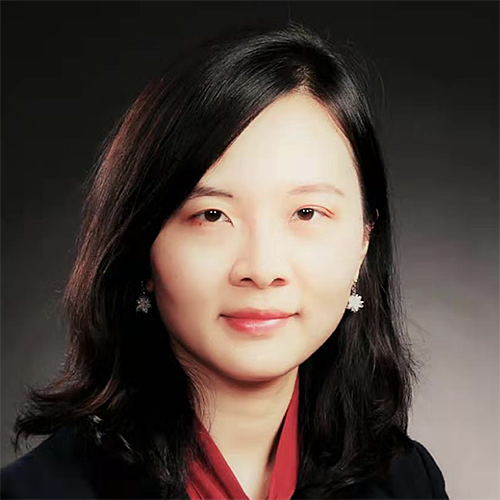The asset allocation of Japan's defined benefit (DB) pension funds to domestic bonds has increased albeit by a small percentage point for the first time in 14 years as the Bank of Japan (BoJ) transitions to a positive interest rate environment, according to a recent survey.
This development marks the first time that domestic bond ratios have seen a year-on-year rise since 2010, the year this question was first included in J.P. Morgan Asset Management (Japan)’s survey of approximately 80 DB pensions in Japan. The survey was conducted between April 2024 and June 2024, targeting Japanese corporate pension funds.
With the Bank of Japan (BoJ) transitioning to a “positive interest rate environment” following the normalization of its monetary policy, the survey notes, the allocation of domestic bonds are expected to increase as a means of risk management, and due to concerns about hedge costs in hedged foreign bonds.
Additionally, investment in Japanese government bonds (JGB) is gaining traction among DB pensions. “We continued to see a strong investment appetite,” the survey states, “as some DB pensions either initiated or increased their allocation to alternative assets.”
Changes in DB pension allocation highlighted in the survey are as follows:
- Significant increase in alternative assets. Alternatives continue to be attractive for DB pensions.
- Breakdown of alternative assets. Many DB pensions are initiating or increasing allocation to low-liquidity, income-based assets, such as infrastructure and privately placed real estate investment trusts. There is also an increase in private debt, which is expected to have high carry, indicating a clear focus on income.
- Allocation to domestic bonds. Due to the BoJ’s normalization of monetary policy, the decreasing trend in domestic bond allocation appears to be bottoming out. This year marks the first year-on-year increase in 14 years.
- Policy asset mix review. About 30% (21 funds) of DB pensions said that they reviewed their policy asset mix, not only reducing risk but also decreasing allocation to foreign bonds with currency hedges. This suggests a potential shift in strategy under the positive interest rate environment.
Future plans of DB pensions, the survey notes, are as follows:
- Guaranteed interest rates. DB pensions have yet to discuss raising their guaranteed interest rates, despite the inflationary environment in Japan, which is the first time in decades.
- Future asset allocation. Approximately 30% of the respondents indicated plans to increase their allocation to alternatives. While the pace has slowed, the preference for alternatives continues to be strong. Foreign bonds are being redistributed to other asset classes due to high hedge costs and the normalization of the BoJ’s monetary policy. With improved yen interest rates, there has been a notable increase in plans to increase allocation in domestic bonds.
- Investment in JGB. With Japan returning to a positive interest rate environment for the first time in 17 years, investment in JGB is gaining momentum. The 10-year government bond yield, which DB pensions are considering for an increase in allocation, has risen by 1.25% and is expected to go above 1.5%. This trend is likely to continue as future yields rise.
- Alternative investment strategies. DB pensions continue to broaden their range of alternative investment strategies, with a focus on low-liquidity, income-based assets, such as private real estate and infrastructure. Private equity also has a strong presence within alternatives, alongside private debt, which has a steady pace of growth. Alternative investment, which offers high diversification effects with traditional assets, appears to play an increasingly important role as substitutes for bonds and equities.
“We are seeing signs that domestic bond ratios are bottoming out, and more and more DB pensions are considering increasing their allocation to domestic bonds as the positive interest rates environment becomes more recognized,” says Kaguya Komatsu, the asset manager’s head of Japan funds and institutional business. “As domestic interest rates steadily rise, investment in domestic bonds by DB pensions may become more critical in the future.”









